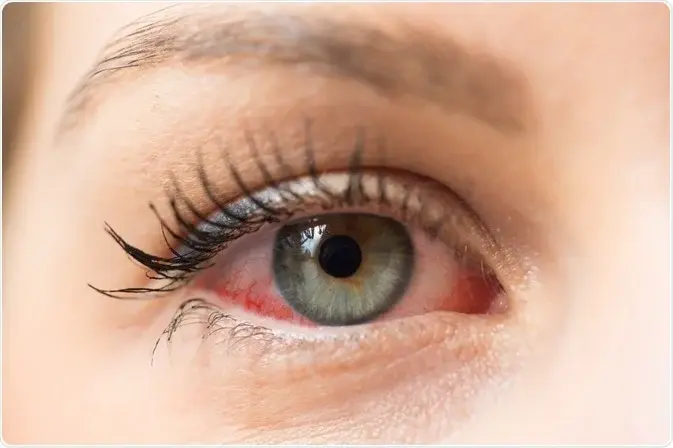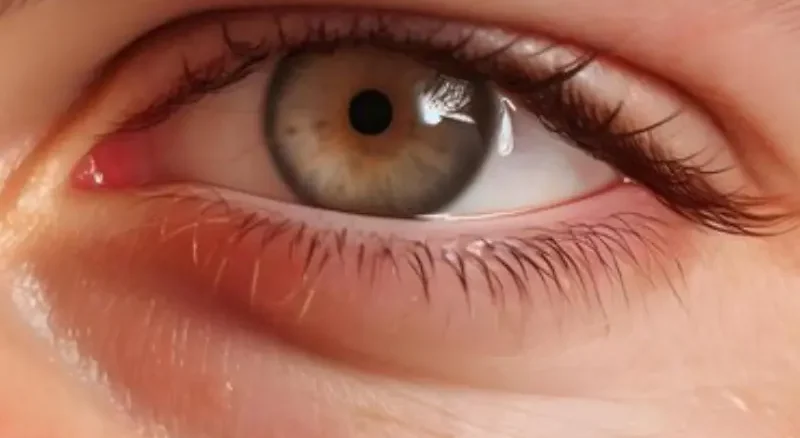
The rainy season, while offering a refreshing respite from the heat, often brings an increase in allergens that can affect our eye health. Allergies triggered by changes in weather, increased humidity, and the proliferation of Mold and pollen can lead to a variety of eye problems. Understanding the connection between allergies and eye health during the rainy season is crucial for maintaining clear and comfortable vision.
Common Allergens During the Rainy Season
Several factors contribute to the rise in allergens during the rainy season:
- Mold: Damp conditions foster mold growth, both indoors and outdoors.
- Pollen: Plants may release pollen during the rainy season, triggering allergic reactions
- Dust Mites: Humidity increases the population of dust mites, common indoor allergens.
How Allergies Affect the Eyes
When allergens come into contact with the eyes, they can trigger a reaction known as allergic conjunctivitis. This condition is characterized by inflammation of the conjunctiva, the thin layer of tissue covering the white part of the eye and the inside of the eyelids. Symptoms include:
Preventing Allergies During the Rainy Season
Taking proactive measures can help minimize exposure to allergens and protect your eye health:
- Redness: Blood vessels in the eyes dilate, causing redness.
- Itching: An irritating, persistent itch is common with allergic conjunctivitis.
- Tearing: Increased tear production as the eyes attempt to wash away allergens.
- Swelling:Eyelids may become swollen and puffy.
Protect Your Eyes Outdoors:
- Wear sunglasses: Sunglasses can shield your eyes from pollen and other airborne allergens.
- Limit outdoor activities: Reduce outdoor activities when pollen counts are high, especially after rain when pollen is more prevalent.
Use Eye Drops and Medications
Lubricating eye drops: Lubricating eye drops can help flush out allergens and provide relief from dryness and irritation.
Consult an eye specialist: For persistent or severe symptoms, visit the best eye hospital to get a proper diagnosis and treatment plan.
Managing Allergic Reactions
If you experience allergic reactions affecting your eyes, follow these steps to manage symptoms:
• Avoid rubbing your eyes: Rubbing can worsen irritation and spread allergens.
• Apply a cold compress: A cold, damp cloth placed over closed eyes can reduce swelling and provide relief.
• Stay hydrated: Drink plenty of water to help maintain eye moisture.
Allergies and eye health are closely connected, particularly during the rainy season when allergens are more prevalent. By understanding the triggers and taking preventive measures, you can protect your eyes from the discomfort and irritation caused by allergic reactions. For persistent issues, consulting with an eye specialist at the eye hospital can ensure you receive the appropriate care and treatment. Prioritizing your eye health will help you enjoy the rainy season with clear, comfortable vision.

